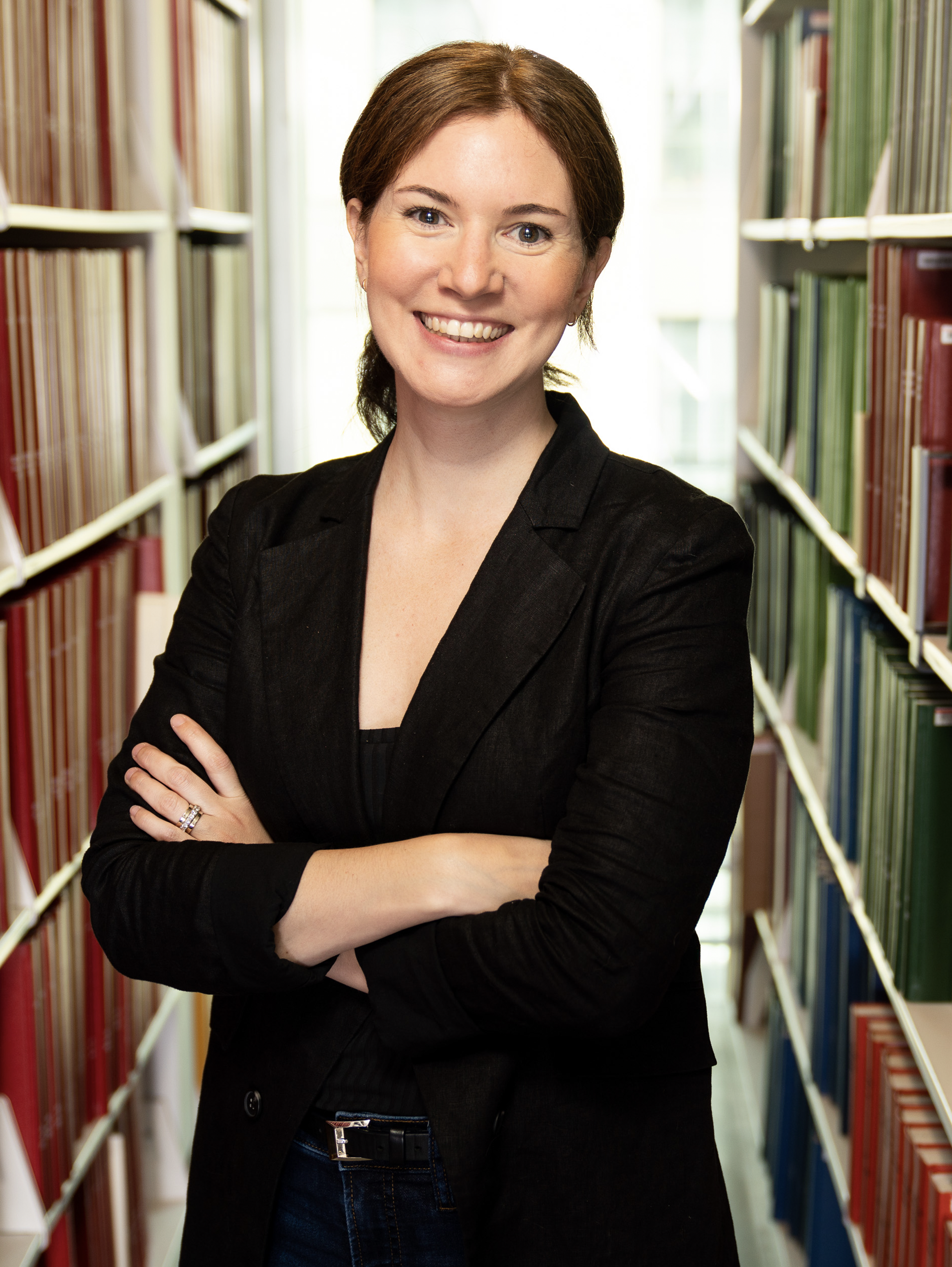
Stephanie Frampton
Associate Professor
14N-434
sframpton@mit.edu
617-253-4452
Faculty Research
Classical Literature | Critical Theory | Digital Humanities | Film and Media Studies | Greek and Latin | History of the Book | Rhetoric
Stephanie Ann Frampton is a classicist, comparatist, and historian of media in antiquity. She is Associate Professor of Classical Literature, Co-Chair of the Program in Ancient and Medieval Studies, and former Faculty Director of the MIT Programs in Digital Humanities. Her work explores the intersections of material and literary culture in the ancient Mediterranean and the classical tradition, focusing on histories of the book, writing, reading, and scholarly practice. She has published on a range of topics in this area, from graffiti in the ancient city of Herculaneum to the idea of the library in classical scholarship from antiquity to the Renaissance, and on Latin authors from Cicero to Ausonius. Prof. Frampton has been the recipient of numerous awards, including fellowships from the American Academy in Rome, the Warburg Institute in London, and the Loeb Classical Library Foundation. In 2017–2018, she was the inaugural president of the Andrew W. Mellon Society of Fellows in Critical Bibliography at Rare Book School, University of Virginia. Her first book, Empire of Letters: Writing in Roman Literature and Thought from Lucretius to Ovid, appeared with Oxford University Press in 2019.
Ph.D. Harvard University 2011
B.A. University of Chicago 2003
Latin literature and material culture; Ancient media and book history; Comparative approaches to classical literature
Monographs
Cicero’s Library: The Roman Book and the Making of the Classics (in progress).
Empire of Letters: Writing in Roman Literature and Thought, from Lucretius to Ovid. Oxford University Press, 2019.
Peer-Reviewed Articles and Chapters
“In the Library,” for Alexandra Gillespie and Deidre Lynch eds. The Unfinished Book. Oxford University Press, 2020.
“Graffiti in the So-Called College of Augustales at Herculaneum (Insula VI 21, 24).” In Carlos Noreña and Nikolaos Papazarkadas eds. From Document to History: Epigraphic Insights into the Greco-Roman World: Proceedings of the Second North American Congress of Greek and Latin Epigraphy. Brill, 2019.
“Ovid’s Two Body Problem.” In Matthew Loar, Sarah Murray, and Stefano Rebeggiani eds. The Cultural History of Augustan Rome: Texts, Monuments and Topography. Cambridge University Press, 2019.
“What to Do with Books in the De Finibus.” TAPA 146.1. Spring, 2016.
“Kings of the Stone Age, or How to Read an Ancient Inscription.” In Shane Butler ed. Deep Classics. Bloomsbury, 2016. Reviewed: The Classical Review, BMCR, Classics for All
Book Reviews
Review of George Houston, Inside Roman Libraries (Chapel Hill: University of North Carolina 2014). Classical World 109.4. Summer, 2016.
Review of Shane Butler, Matter of the Page (Madison: University of Wisconsin 2011). BMCR. November, 2013.
Other Publications
“Alexandria in the Googleplex.” Eidolon (https://eidolon.pub/alexandria-in-the-googleplex-or-the-pre-history-of-the-universal-library-cf6a2a5c3198). December, 2017.
“Our Lossy Alphabet.” Public Books (www.publicbooks.org/author/stephanie-ann-frampton/). October, 2017.
“‘An Earnest Bending of the Mind’: From studium to studio.” In Peter Benson-Miller ed. Studio Systems (exhibition catalogue). American Academy in Rome, 2016.
Subjects taught in recent years:





